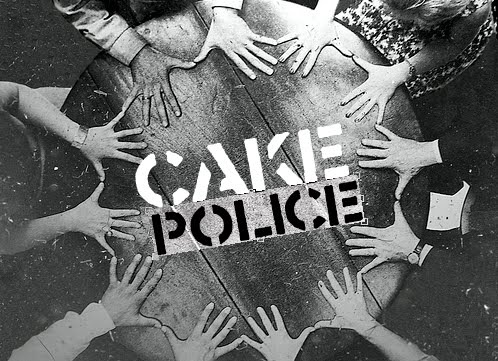 I said his conviction "rested solely" on the testimony of nine eyewitnesses. In other words, there was (and still is) no physical evidence linking Davis to the crime. His execution has been stayed three times since his conviction, and in 2007 the Georgia Board of Pardons and Paroles vowed not to allow Troy to be executed "unless and until its members are convinced that there is no doubt" as to his guilt, a vow which has now been broken with the board's decision this morning to deny his petition for clemency. Davis is now scheduled to be executed tomorrow at 7 p.m. Amnesty International is petitioning Savannah, Georgia District Attorney Larry Chisolm to seek a withdrawal of the death warrant against Troy. This is a campaign which is supported by everyone from Jimmy Carter and Jesse Jackson to the pope and former Republican member of congress Bob Barr. So overcome your squeamishness about feeling like a liberal and sign the petition. And keep Robespierre's sage words in your mind as you do:
I said his conviction "rested solely" on the testimony of nine eyewitnesses. In other words, there was (and still is) no physical evidence linking Davis to the crime. His execution has been stayed three times since his conviction, and in 2007 the Georgia Board of Pardons and Paroles vowed not to allow Troy to be executed "unless and until its members are convinced that there is no doubt" as to his guilt, a vow which has now been broken with the board's decision this morning to deny his petition for clemency. Davis is now scheduled to be executed tomorrow at 7 p.m. Amnesty International is petitioning Savannah, Georgia District Attorney Larry Chisolm to seek a withdrawal of the death warrant against Troy. This is a campaign which is supported by everyone from Jimmy Carter and Jesse Jackson to the pope and former Republican member of congress Bob Barr. So overcome your squeamishness about feeling like a liberal and sign the petition. And keep Robespierre's sage words in your mind as you do:"Listen to the voice of justice and reason. It cries out to you that human judgements are never certain enough to justify a society of men subject to error dealing death to another man. Even if you could imagine the most perfect judicial order, even if you had found the most upright and enlightened judges, there would still remain some room for error or caution. Why forbid yourselves the means of repairing them? Why condemn yourselves to the inability to lend a helping hand to oppressed innocence? What do sterile regrets, illusory reparations matter to a vain shadow, to insensible ash? They are the sad testimony of the barbaric temerity of your penal laws. Take from a man the possibility to expiate his crime by repentance or acts of virtue; pitilessly close off to him any return to virtue, self-esteem, rush his descent, so to speak, into the tomb still covered by the recent stain of his crime is, in my eyes, the most horrible refinement in cruelty.
"The first obligation of a legislator is to form and preserve public morals, the source of all freedom, source of all social happiness. When in running to a particular goal he turns away from this general and essential goal he commits the most vulgar and dire of errors.... If in place of this powerful, calm and moderate severity that should characterize it they place anger and vengeance; if they spill human blood that they could spare and that they have no right to spread; if they spread out before the people cruel scenes and cadavers wounded by torture, it then alters in the hearts of citizens the ideas of the just and the unjust; they plant the seed in the midst of society of ferocious prejudices that will produce others in their turn. Man is no longer for man so sacred an object: we have a less grand idea of his dignity when public authority puts his life at risk. The idea of murder inspires less fear when the law itself gives the example and the spectacle. The horror of crime is diminished when it is punished by another crime. Do not confuse the effectiveness of a penalty with the excess of severity: the one is absolutely opposed to the other. Everything seconds moderate laws; everything conspires against cruel laws."

No comments:
Post a Comment